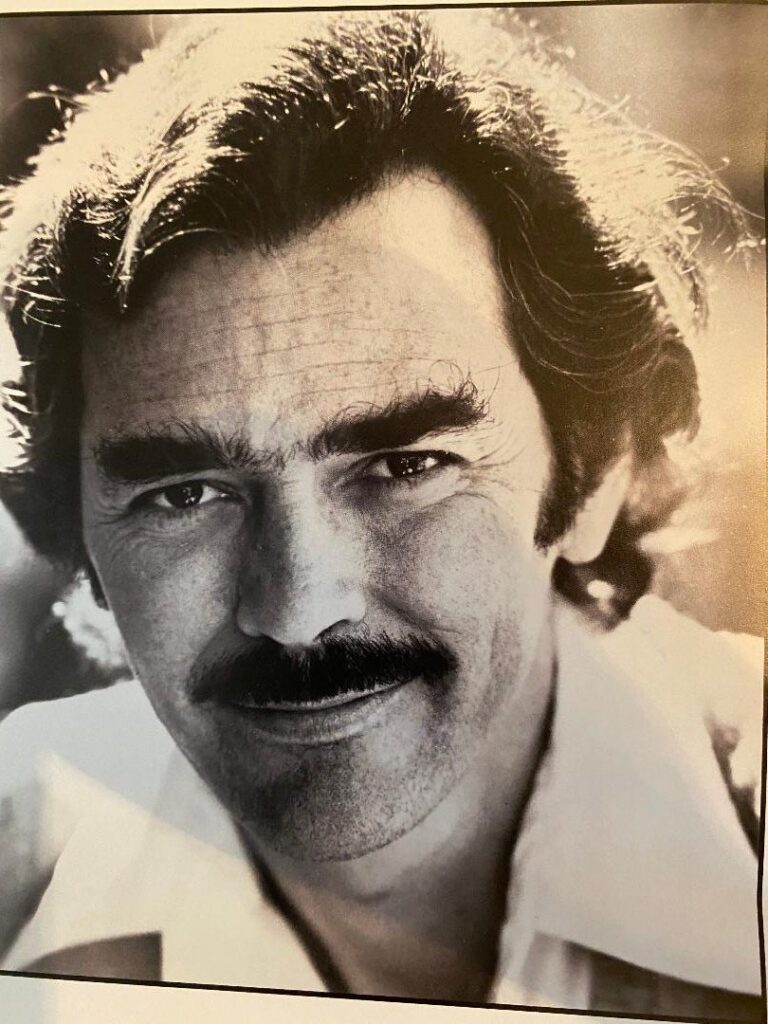I held a Daytime Emmy statuette once. As everyone says about those show biz awards, they are heavier than you expect.
During the global pandemic lockdown broadcast of the 47th Annual Daytime Emmy Awards last night, hosts and presenters commentated from their homes; the winners, who had obviously been informed of their victories before airtime, gave their grateful acceptance speeches from their living rooms, family rooms, and backyards – along with a lot of articulate and impassioned addresses on the hot button topic of racial inequity in America – and I don’t think anyone actually held onto a golden statuette.
It was back in the ‘90s, while interviewing Larry Gates (profile) that I held that Emmy. Gates had won the award for his work on the daytime drama series The Guiding Light. I read somewhere that, in their full bloom, there were 17 daytime serials televised each weekday. Sounds a bit high but possibly accurate. Soaps certainly once ruled the afternoons of TV viewers. So, winning an Outstanding Performance Daytime Emmy award then, as Larry Gates did, meant that one’s work had been considered in comparison to the work of a near galaxy of other actors.
Not so much so today. One might say that As the World Turns, times changed; the Edge of Night approached, the Guiding Light was extinguished, and fans were forced to end their Search for Tomorrow. Daytime TV has turned into Another World, with a scant 4 soaps left today: The Bold & the Beautiful, Days of Our Lives, General Hospital, and The Young & the Restless. Competition for the awards is no longer amongst a galaxy so much as, maybe, amongst a constellation.
In STVC fashion, the Daytime Emmy awards show put into my mind, not the tribe of daytime serial stars but, the soap opera “day players” (actors appearing in a non-recurring role) and, especially, the “under-fives.” You know under-fives; they are those nonregulars you don’t recognize, who mostly smile rather vaguely when spoken to or nod in response during part of their onscreen time. It can get awkward, but their number of spoken words must remain under a certain limit within five lines – otherwise, union rules demand that their pay scale increases.

As a case in point, I was seated on the #104 bus in Manhattan, traveling down Broadway one afternoon when Michael Graves, an actor I knew, boarded the transit. Soap operas were in their heyday at that time and, in catching up with each other, Michael began to tell me about a recent gig he had had on All My Children. He reported that his under-five character was a restaurant patron who was suddenly overtaken by choking. He said that his rescue was a plot devise to reunite Dr. Angela Baxter Hubbard, played by Debbi Morgan, and a love-interest, or near love-interest, whose relationship had become strained. As I recall, her romantic involvement was a character named Cliff Warner who was definitely played by Peter Bergman. Michael expressed that he had enjoyed the one-day gig and was glad for the income.
I took in his account with enthusiastic attention. But what I did not tell him – and I admit this now with a touch of remorse – is that I had actually SEEN his performance. Why didn’t I tell him that? I wanted to give the impression that I was too intellectual and too otherwise occupied, as a busy speech teacher and writer, to watch soap operas. In truth, I was neither too intellectual nor too otherwise occupied to take an afternoon refresher of some intermittent soap watching. And I still am not.
(Michael must have made a good impression in that under five role because he later returned to All My Children as what his daughter, Becky, describes as, “a mildly recurring character.”)
Even though much of the intelligence and sincerity expressed last night impressed me, the artistic competition amongst such a small field of players seems to me a little…forgive me…silly. Still, I’m happy for last night’s winners. Times are what they are, and we each have, after all, only One Life to Live.
~ FW
